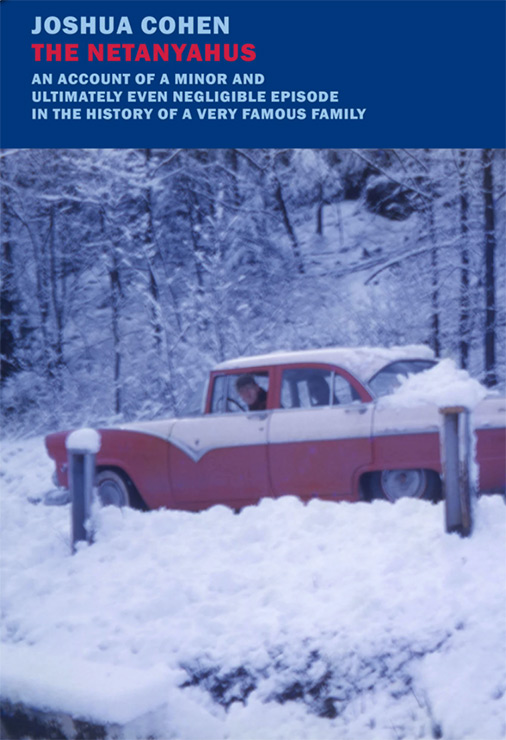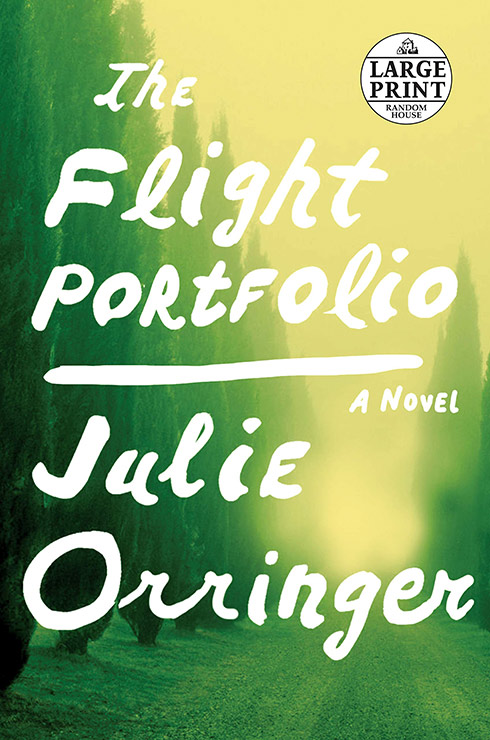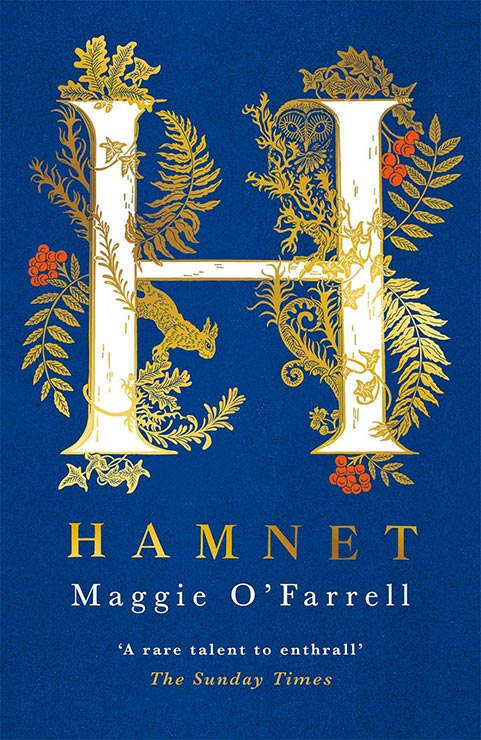While studying history is a great way to make sure the present never repeat the mistakes of the past, it also makes for great fiction reading.
READ ALSO: Get The Gloss: 4 Memoirs On The Era Of Print Magazines
Rodham by Curtis Sittenfeld
In 1971, Yale Law student Hilary Rodham met classmate Bill Clinton. The rest we know is history: they fall in love, get married, have a daughter, Bill becomes Governor of Arkansas, and then President of the United States, while Hilary stakes her life to his before having her political career, from senator to Secretary of State to a Presidential run that ended in ignominy.

But in Curtis Sittenfeld’s book, she changes the story: what if Hilary never marries Bill? What happens to the life and career of Hilary Rodham? In some ways, the book reads like wish-fulfillment fan-fiction, but reading about Hilary prioritizing herself and her political ambitions all with the specter of Bill Clinton and his foibles looming in the background was an interesting read. A warning for the fainthearted: Sittenfeld doesn’t shy away from describing moments of coitus between two people whose public lives we know very well, so do with that what you will.
The Netanyahus: An Account Of A Minor And Ultimately Even Negligible Episode In The History Of A Very Famous Family by Joshua Cohen
What do you get when you combine not quite upstate New York in the 1950s, the only Jewish professor in a middling institution of higher education, and one rowdy (and infamous) Jewish family? This comedy of manners by Joshua Cohen is a semi-fictionalized take on a weekend when literary critic Harold Bloom hosted Benzion Netanyahu, his wife Tzila, and their three sons (Jonathan, Benjamin, and Iddo) during a visit at Cornell University, during the middle of the last century.

This delightful mix of both the Jewish and the campus novel is a hilarious read that also asks serious, pertinent questions on the compromises in the Jewish diaspora, if the sins of the father truly transfer to the son, and how politicizing historical tragedies can impact the future. The book was released mere weeks after the middle son Benjamin (you know him as Bibi) was ousted as the Prime Minister of Israel, which makes this book, written about a period that seems out of reach, enduringly relevant today.
Everyone Knows Your Mother is a Witch by Rivka Galchen
In 17th century Germany, Katharina Kepler is a well-meaning, eccentric old woman in the small, backward town of Leonberg. The mother of a very famous son (the imperial astronomer Johannes Kepler, known for his laws of planetary motion), her inherent friendliness means she can’t keep her business to herself.

This friendliness rubs her neighbors the wrong way. Soon, jealous busybodies in the town accuse her of witchcraft, a very serious crime for the time, with usually only one ending for those accused: death by burning in the town square. The book swerves into a courtroom drama, with Katharina trying to survive these travails, her son writing pleading letters to those in power, and the accusations taking wilder turns as the pages go on. Based on a real story, Rivka Galchen’s hilarious, yet sad satire of moral panic was written during the Trump years, and is a good lesson on what happens when we let illogical thinking take over logic, when we should know better.
The Flight Portfolio by Julie Orringer
In 1940, the Harvard-educated Varian Fry is in France, tasked with rescuing the so-called enemies of the Vichy regime: Jewish artists, writers, and other subversives of the state. What was supposed to be a few weeks’ stay ended up being 13 months of helping luminaries like Hannah Arendt, Marc Chagall, Marcel Duchamp, Thomas Mann, and more embark for safer, welcoming ports, allowing them to continue their life-changing work.

In Julie Orringer’s take on the story, there is also a love story between Fry and a fellow Harvard classmate. Breathtaking and exciting, this exploration on the worth of art and rumination on the effects of love was a story I would’ve gladly read another 500 pages of.
Hamnet by Maggie O’Farrell
In 1956 England, society is surging in and out of the Black Plague (sound familiar?). During that year, a real, existing boy named Hamnet died of it. His family nearly fractures, but survives in the end: his mother Agnes discovers her strength, and his father, unnamed in the book, is a penniless Latin tutor who becomes a playwright and writes the world’s most famous play, Hamlet.

It remains a highly contentious debate amongst scholars, whether or not there is a connection, but O’Farrell’s work on the power of grief to inspire great works of art should be appreciated for its timeliness.
Featured photo from Giammarco on Unsplash





